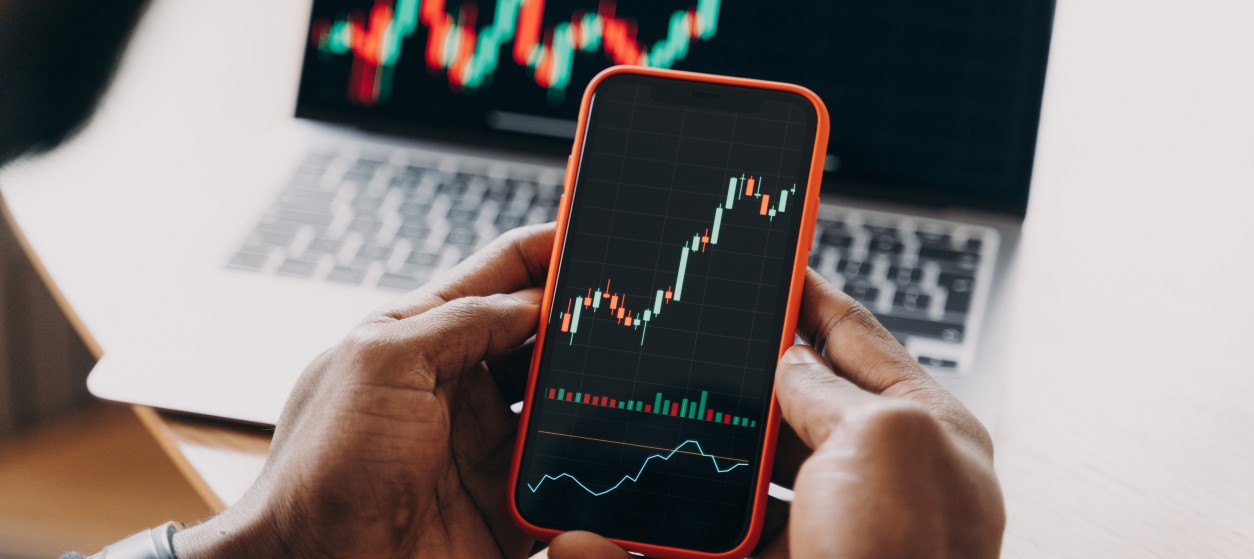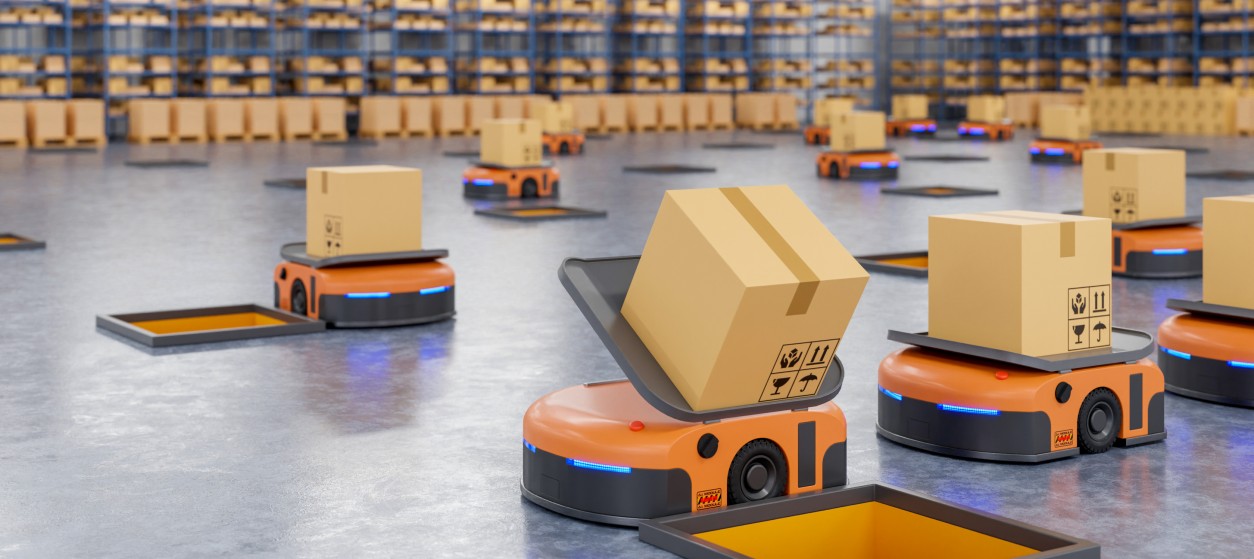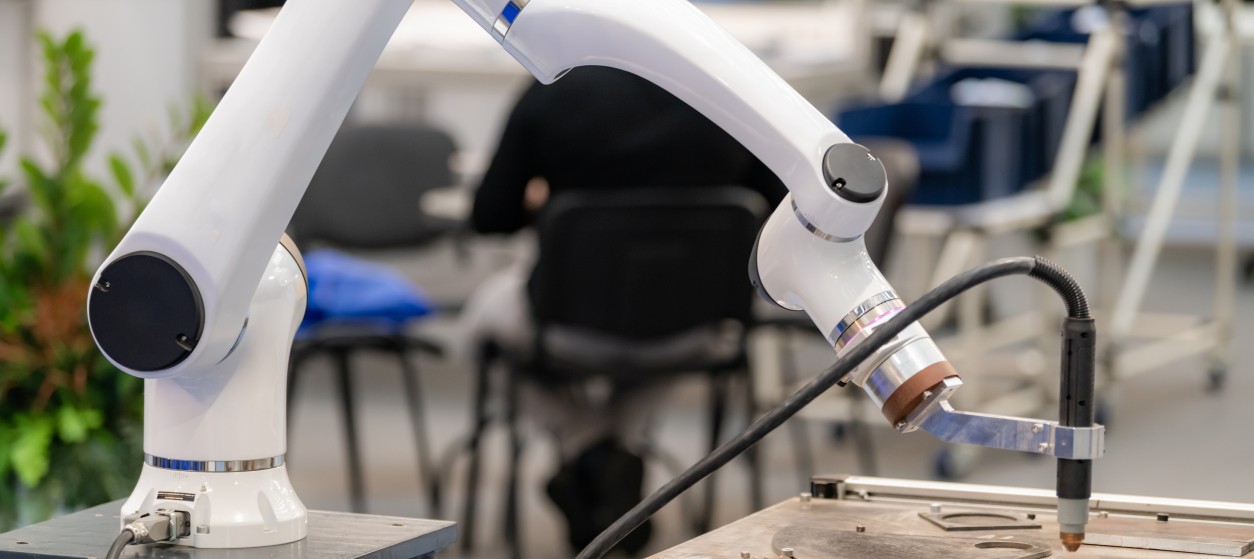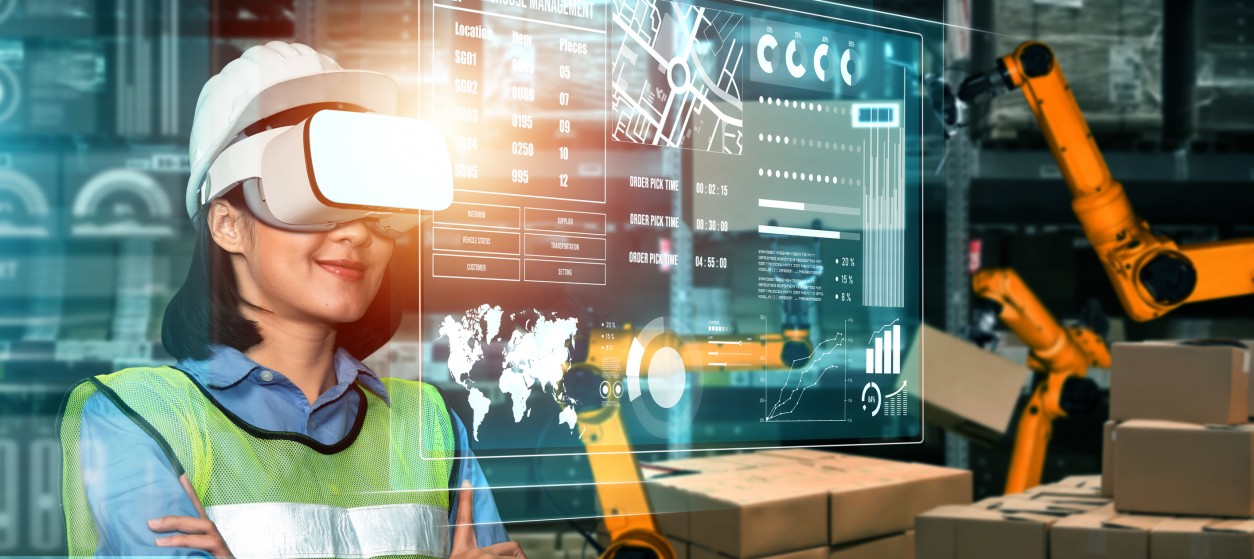In today’s fast-paced world, technology has revolutionized every aspect of our lives, including the way we invest our money. With the advent of investments with human advisors, robo-advisors, AI-enabled investments, and bionic investments, individuals have more options to choose from when it comes to maximizing their returns. To this end, both retail and institutional investors had better understand the various modes of technology-enabled investments, including their pros and cons. Most importantly, they must also gain an understanding of the benefits of the collaboration between human and AI systems, which usually leads to the best possible results, making it the most desired mode of investment and an essential part of the future of financial technology.
Traditional Investments with Human Advisors
Traditional investing with human advisors has been around for decades and has proven to be effective. Human advisors bring valuable experience, knowledge, and expertise to the table. They understand market dynamics, analyze various investment options, and provide personalized advice based on individual goals and risk tolerance.
In this mode, investors have the benefit of face-to-face interactions, allowing for a deeper understanding of their financial situation and building trust. Human advisors can also provide emotional support during market volatility, helping investors make rational decisions rather than succumbing to panic.
Robo-Advisors Explained
With the advancement of technology, robo-advisors have emerged as a popular alternative to traditional human advisors. These digital platforms use algorithmic trading strategies and automated processes to analyze data, build portfolios, and provide investment recommendations. AI-enabled investments take this a step further by utilizing artificial intelligence and machine learning algorithms to continuously learn and optimize investment strategies in ways that help customers to meet their financial goals.
Robo-advisors offer lower fees compared to human advisors, making them an attractive option for cost-conscious investors. They also provide a high level of accessibility and convenience, which allows individuals to manage their investments anytime, anywhere. Moreover, robo-advisors can provide well-diversified portfolios based on an individual’s risk profile, which takes away the need for intense and time-consuming research and analysis. Also, robo-advisors can continually rebalance and optimize portfolios in response to changes in market dynamics and/or the goals of the customer. In several cases, robo-advisors incorporate blockchain investment trends such as the offering of cryptocurrency insights and smart contracts for investors.
Robo-advisors have come a long way since their inception in order to become an integral part of every fintech solutions overview. Nowadays, they are sophisticated financial platforms that offer a wide range of capabilities that were previously only available through traditional investment managers. Some of the most prominent capabilities of state-of-the-art robo-advisors include:
- Personalized Portfolio Management and Personalized Investment Strategies: Robo-advisors use algorithms to analyze client data such as age, risk tolerance, investment goals, and financial situation, to create customized investment portfolios. With better algorithms and more information available to them, robo-advisors can create more personalized portfolios (including cryptocurrency portfolios) that cater to the unique financial circumstances of each client.
- Automated Rebalancing: Robo-advisors automate portfolio rebalancing, which ensures that portfolios remain aligned with clients’ investment goals and market conditions. Rebalancing is crucial to keep investment portfolios in check. Robo-advisors can do this rebalancing efficiently without human intervention.
- Tax Loss Harvesting: Robo-advisors can enable tax-loss harvesting, which involves selling investments that have declined in value to offset gains in other investments. This approach reduces the tax liabilities on investment income.
- Low-Cost Investing: As already outlined, one of the primary advantages of robo-advisors is that they offer low fees compared to traditional investment managers. This low cost is enabled by automated processes, technology, and automated customer service.
- Accessibility: Robo-advisors are accessible, and investors can manage their portfolios and digital asset investments from anywhere at any time. Investors can make portfolio adjustments and monitor performance through smartphones and laptops. This is one more significant advantage of robo-advisors, when compared to traditional advisory services that are typically assessable on the 9-to-5 basis.
Bionic Investments – The Best of Both Worlds
Despite the emerging popularity of robo-advisors and AI-enabled investments, there are certain limitations when relying solely on technology. While algorithms can efficiently process data and operate without human biases, there is still a lack of emotional intelligence and contextual awareness. This is where bionic investments come into play. Bionic investments combine the best of both worlds by harnessing the power of human expertise and AI algorithms. By integrating human judgment with the efficiency of AI systems, investors can benefit from a more comprehensive and accurate investment strategy.
Collaboration between human advisors and AI systems ensures that investment decisions are based on a wider range of insights. Human advisors can provide crucial qualitative analysis, considering factors such as industry trends, geopolitical events, and market sentiment. On the other hand, AI systems excel at quantitative analysis, sifting through vast amounts of data and identifying patterns that human advisors may overlook.
The collaboration between human advisors and AI systems also leads to better risk management. AI algorithms can continuously monitor market conditions, rebalance portfolios, and identify potential risks in real-time. Human advisors, on the other hand, are instrumental in providing the necessary context and judgment required for effective risk assessment and mitigation.
Most importantly, many investors still prefer the human touch and choose to interact with a human advisor over a robo-advisor. This is because humans have emotional intelligence and can offer personalized guidance, reassurance, and empathy that robo-advisors cannot provide. Human advisors can have a comprehensive view of the investor’s financial situation, considering both personal and family circumstances, helping investors make informed decisions and navigate complex market scenarios. Also, human advisors can build trust and understand the investor’s unique needs.
Overall, while roboadvisors are more cost-effective, convenient, and efficient, human advisors bring a personal touch and a level of understanding and empathy that a machine cannot match. In the realm of technology-enabled investments, the collaboration between human advisors and AI-based automated trading systems stands out as the most desired mode of tech-driven investments. By combining human expertise and judgment with the accuracy and efficiency of the use of AI in investment decisions, investors can maximize their returns while effectively managing risks. Whether it’s the emotional support and personalized guidance offered by human advisors, or the accessibility and convenience provided by robo-advisors, bionic investments offer the best of both worlds. This is the main reason why investors had better embrace this collaborative approach as part of their fintech innovations guide, to achieve optimal investment outcomes, while at the same time maximizing customers’ satisfaction.










